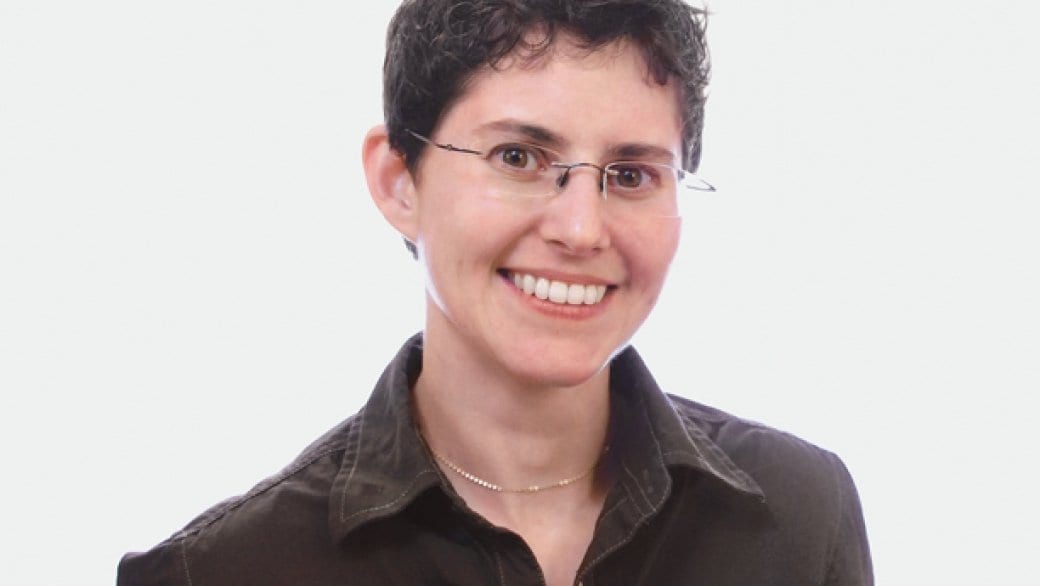To celebrate Xtra’s 20 years of publishing to Ottawa’s gay and lesbian community, we’re digging through our archives to reprint a selection of noteworthy stories that highlight our community’s rich history. “The Mythology of C-150” first appeared in Capital Xtra #205, May 27, 2009. Read more about Bill C-150.
As groundbreaking as Pierre Trudeau’s bill to decriminalize gay sex was, its restrictive approach to gay sexuality ultimately constrained more than liberated us.
Of course, that’s easy for me to say. I wasn’t even born when Trudeau introduced his omnibus bill and ensured its passage through Parliament 40 years ago.
I wasn’t living a closeted life, afraid to come out, afraid to be my true self for fear of being incarcerated indefinitely as a dangerous sexual offender. I wasn’t there.
But I’m here now, and I can’t help but notice that the Wolfenden report upon which Trudeau based his groundbreaking bill was a homophobic piece of sexual regulation that pushed gay men into a narrow realm of private immorality.
When Trudeau backed the state out of the bedrooms of the nation, he did so with the understanding that we should stay in our bedrooms and not display our sexuality beyond our front doors.
Bill C-150 wasn’t about liberating sexuality. It simply built a roomier wing onto the closet.
There’s a “mythology” around Trudeau’s reforms, gay historian Gary Kinsman says. Bill C-150 offered only a partial decriminalization of gay sex — only in private, only between two men at a time and only if they were at least three years older than the age of majority.
Trudeau’s bill drew its inspiration and direction from the Brits’ Wolfenden committee, which had been charged in 1954 with investigating the “nauseating subject” (as one member of the House of Lords put it) of male homosexuality and prostitution.
Its task: to find a more effective way to regulate “sexual deviance.” Its solution: to separate the public and private realms and use criminal law to preserve public order and decency while allowing people to do whatever they want — however immoral — in private.
The report was hardly gay-friendly.
Its writers explicitly refused to condone homosexuality and in fact expressed concern about the “menace to boys” that homosexual men allegedly posed. Hence the prohibition against any homosexual act involving anyone under the age of 21.
As for any homosexuality found creeping into the public realm, that was to be dealt with severely, the committee said, urging police to vigilantly patrol “public” spaces such as bathrooms.
Don’t get me wrong. Bill C-150’s passage was significant. As Kinsman says, it marked an enormous departure from the “wholesale prohibition” against gay sex that was in place previously.
It changed people’s lives.
But it also missed an important opportunity to liberate sexuality. To this day the path set by Wolfenden and Trudeau constrains us.
The notion that we should keep our sex private still affects us profoundly, Kinsman says, pointing, for example, to decades of government censorship of our sexual images.
There’s “still a sense that you can’t really show queer sex” in public, he says.
Still, the bill’s passage had a perhaps unintended effect on the emergence of gay community in Canada. Gay men and lesbians would not tolerate being relegated to the private sphere. Bill C-150’s partial decriminalization empowered people to gather, to connect publicly, to demand more.
Two years after Trudeau’s bill became law, Canada’s first gay rights demonstrations were held simultaneously in Ottawa and in Vancouver. Among the demonstrators’ demands: remove “gross indecency” and “buggery” as grounds for “dangerous sexual offender” status and equalize the age of consent for all sex acts, including anal sex.
For Kinsman, the 1971 demonstrations and subsequent gay resistance to the post-bill clampdown by police on gay sex in “public” spaces like gay bars and bathhouses marked the beginning of gay liberation in Canada.
Should we take a moment to appreciate Trudeau for his groundbreaking bill and the courage it took to introduce it?
Should we pay tribute to his contribution to the emergence of our community?
Absolutely.
Just remember to give credit where it’s due most: to the gay men and lesbians who had the courage to step out of the limited private sphere they’d been granted and demand space in the public light.
Robin Perelle is the managing editor of Xtra Vancouver.

 Why you can trust Xtra
Why you can trust Xtra


